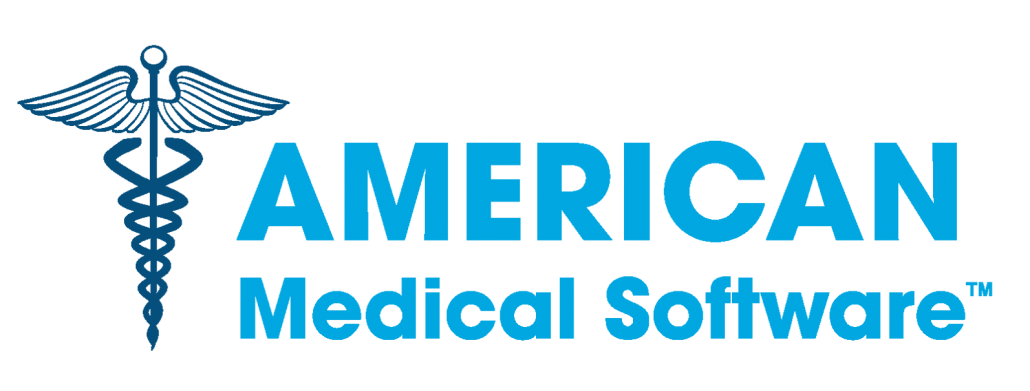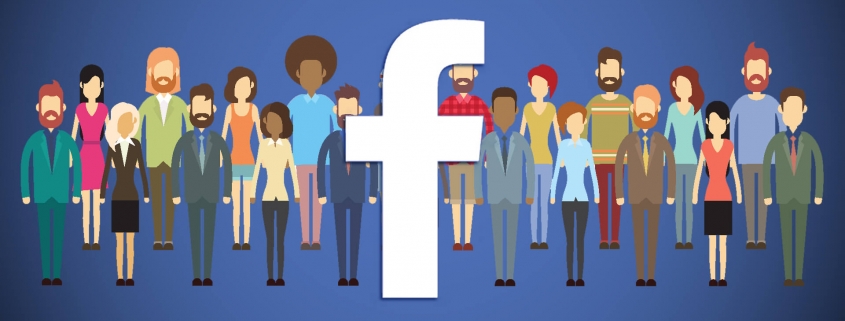Facebook and Electronic Medical Records
(Dec. 6) — Americans find long-lost friends on Facebook. They meet on Facebook. They post pictures of parties, vacations or even family photos on Facebook. But what Mark Zuckerberg probably never dreamed of when he invented this social network tool to connect college students was that Facebook would someday save a life. Social media has become a tool in the medical world to diagnose patients, treat them and save their lives.
In the past few years, we have urged hospitals and doctors to move from a paper record system to an electronic one to reduce the number of medical errors, improve efficiency and, as a result, save lives and money. Among the many benefits, an electronic medical record should give the treating physician a portable, immediately accessible and thorough account of a patient’s entire medical history.
But now social media is helping the medical community enhance the practice of medicine even more.
This past summer, a 56-year-old woman checked into the emergency room of Sacred Heart Hospital in Eau Claire, Wis., complaining of chest discomfort. She said she’d been in and out of several hospitals over several weeks, yet doctors couldn’t find what was really wrong with her.
Within hours, she had lapsed into a coma. Doctors later determined that she’d sustained a massive stroke, causing paralysis and coma. There was also evidence of multiple prior strokes and fluid around her heart, something unusual for a patient so young. She rapidly deteriorated toward death.
She was a single mother who lived far from any close family members. Hospital personnel talked to her son, but he could provide little information. It was discovered that she had a Facebook account.
Every doctor will attest that to make a proper diagnosis he or she needs a thorough account of a patient’s medical history. That’s why the doctor-patient relationship is so important. It is also why you see physicians on TV shows like “House” go to great lengths to discover everything about a patient.
In the case of the woman in a coma at Sacred Heart, her diary like postings on Facebook were a far more detailed and complete accounting of her health than even her stack of medical records. More important, they were a far more relevant accounting because they detailed her medical history in her own words.
On Facebook she posted her medications, symptoms, hospitalizations and conditions dating back months. She had dates, times and descriptions of how she felt and what was occurring with her body.
That led the medical team at Sacred Heart to discover that the woman not only had a hole in her heart but that she’d been throwing blood clots to the brain, which caused the strokes. As a result, a treatment plan including lifesaving brain surgery was put in place. Today, she is out of a coma, has made great progress and is undergoing speech and physical therapy.
What does this case tell us about the future of medicine? Like everything in society, social media is having an enormous impact on our personal lives, in ways we never imagined. Everyone self-publishes their own stories.
Police officers are using Facebook to fight crime and hunt terrorists. And now physicians are discovering a whole new world of utilizing social media to chronicle medical conditions of patients. As people document their health on the Web, it is easy for anyone — including doctors — to discover what is really going on.
This intersection of medicine and the digital world is worth exploring as the Facebook generation takes us to new heights we never dreamed with the World Wide Web.
Yet it also reminds us that at the heart of our 21st century health system is the individual patient. A personalized system that puts the individual at the center and helps us make decisions based on the needs of the individual will become even more accessible — and more important — as the digital world expands in ways that can save lives and save money.
Newt Gingrich, the former speaker of the House, is the founder of the Center for Health Transformation. Dr. Kamal Thapar is a neurosurgeon at Sacred Heart Hospital who utilized Facebook with a patient last summer to save her life. To protect the patient’s privacy, her name has not been disclosed.
Source: AOL News
Newt Gingrich and Kamal Thapar, M.D.




Leave a Reply
Want to join the discussion?Feel free to contribute!